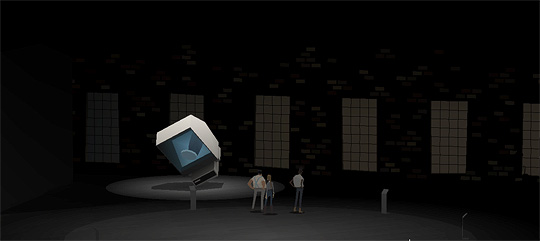I've written previously about murder in Skyrim, epic Skyrim fan game Enderal, and a very bushy Skyrim mod called The Forgotten City. Since then, the mod makers have remade it into a UE4 standalone time loop first person RPG called... The Forgotten City (2021).
From a game dev perspective, it's been fascinating to play. They had to rebuild Skyrim systems in Unreal... but what to cut and what to recreate? In this post, I compare and contrast the original and this modern remake from a dev / design perspective.
DISCLAIMER: I played the original mod and remembered much of it, so a total newcomer's experience would probably be different. Or maybe it wouldn't? Who knows.
SPOILER WARNING: this post spoils much of what happens in The Forgotten City (2021).





